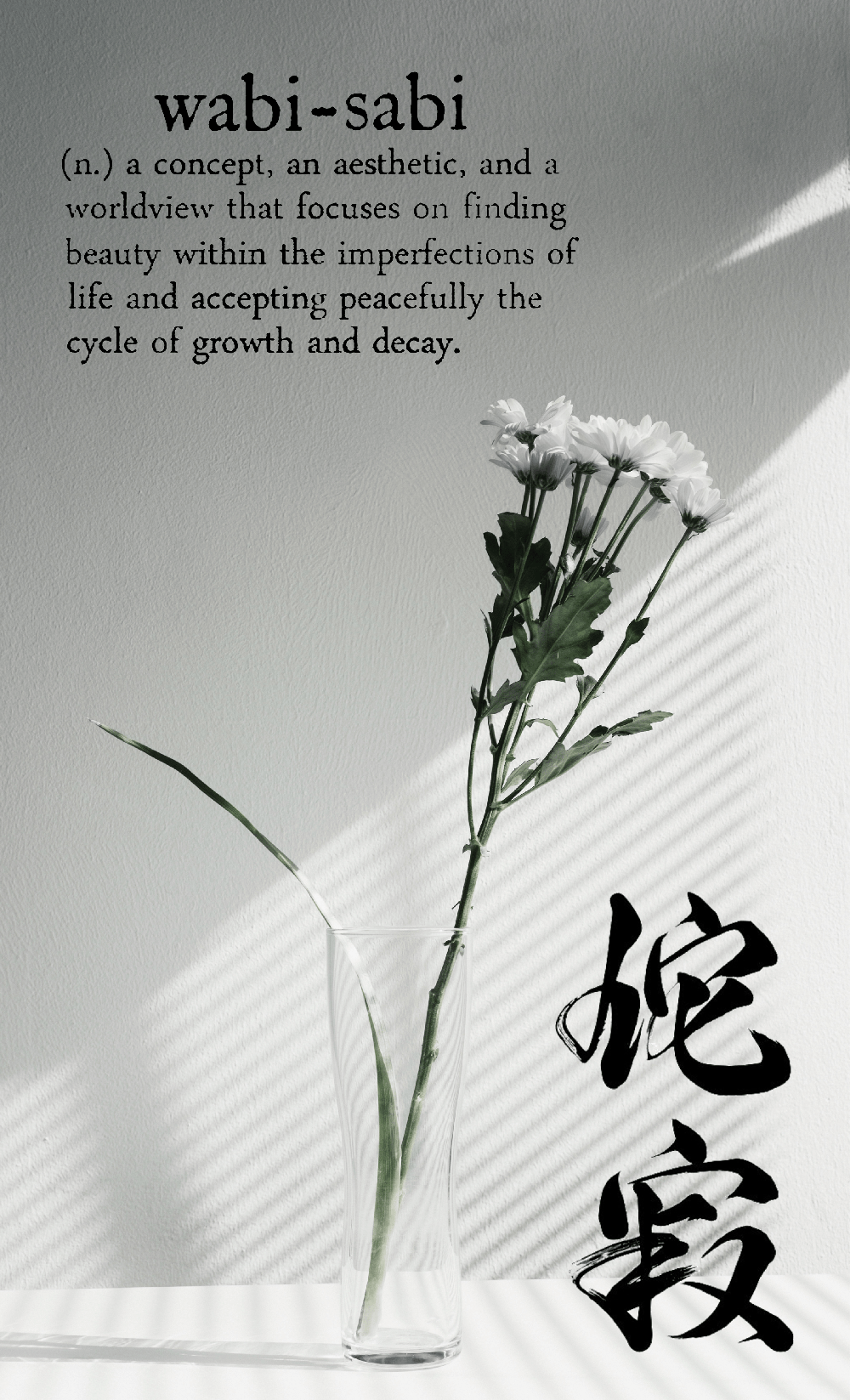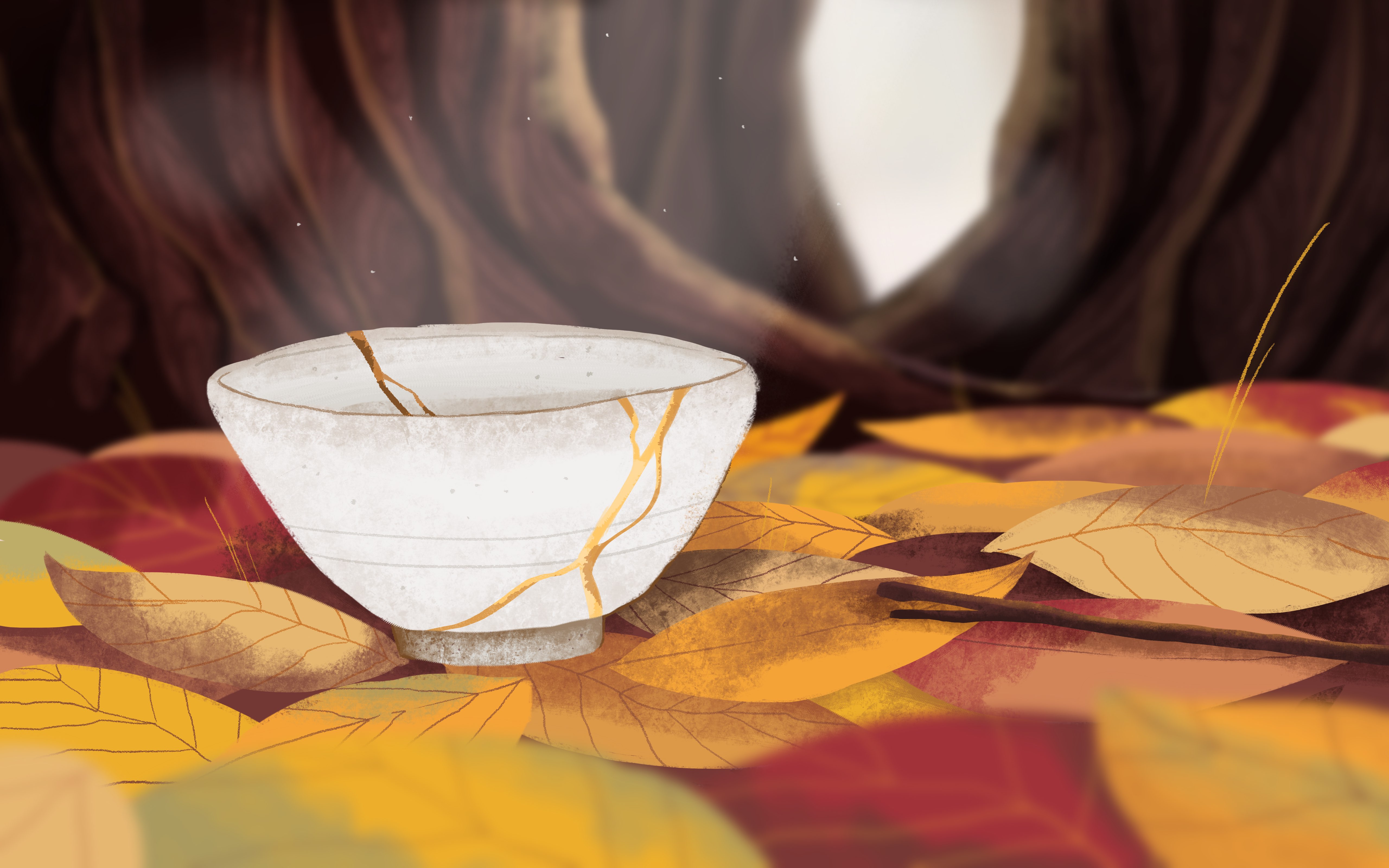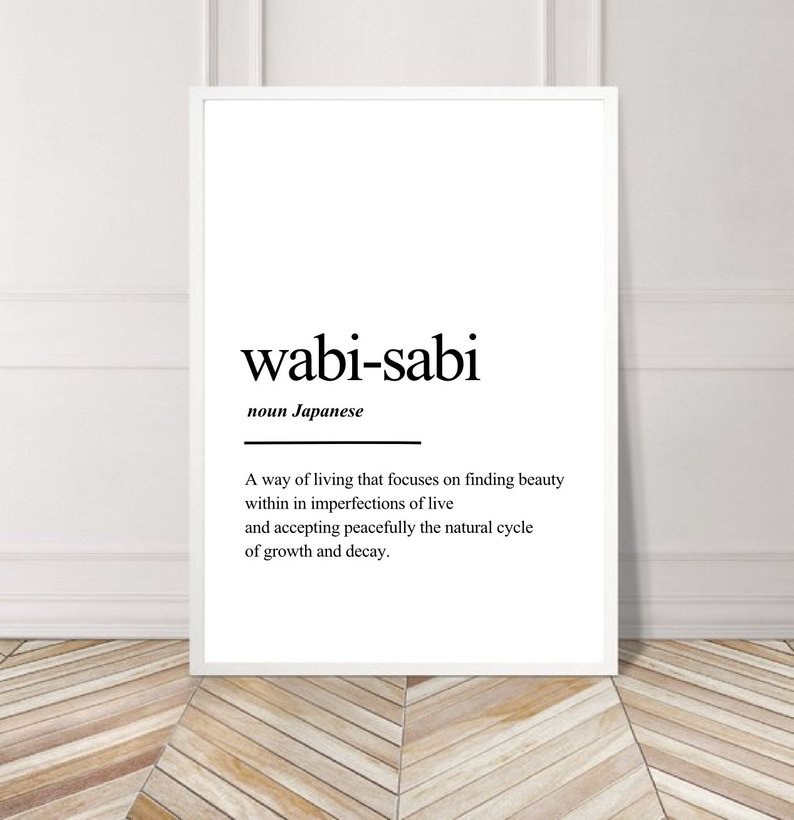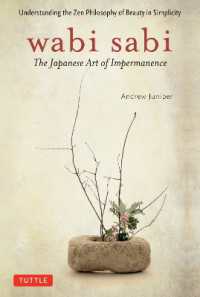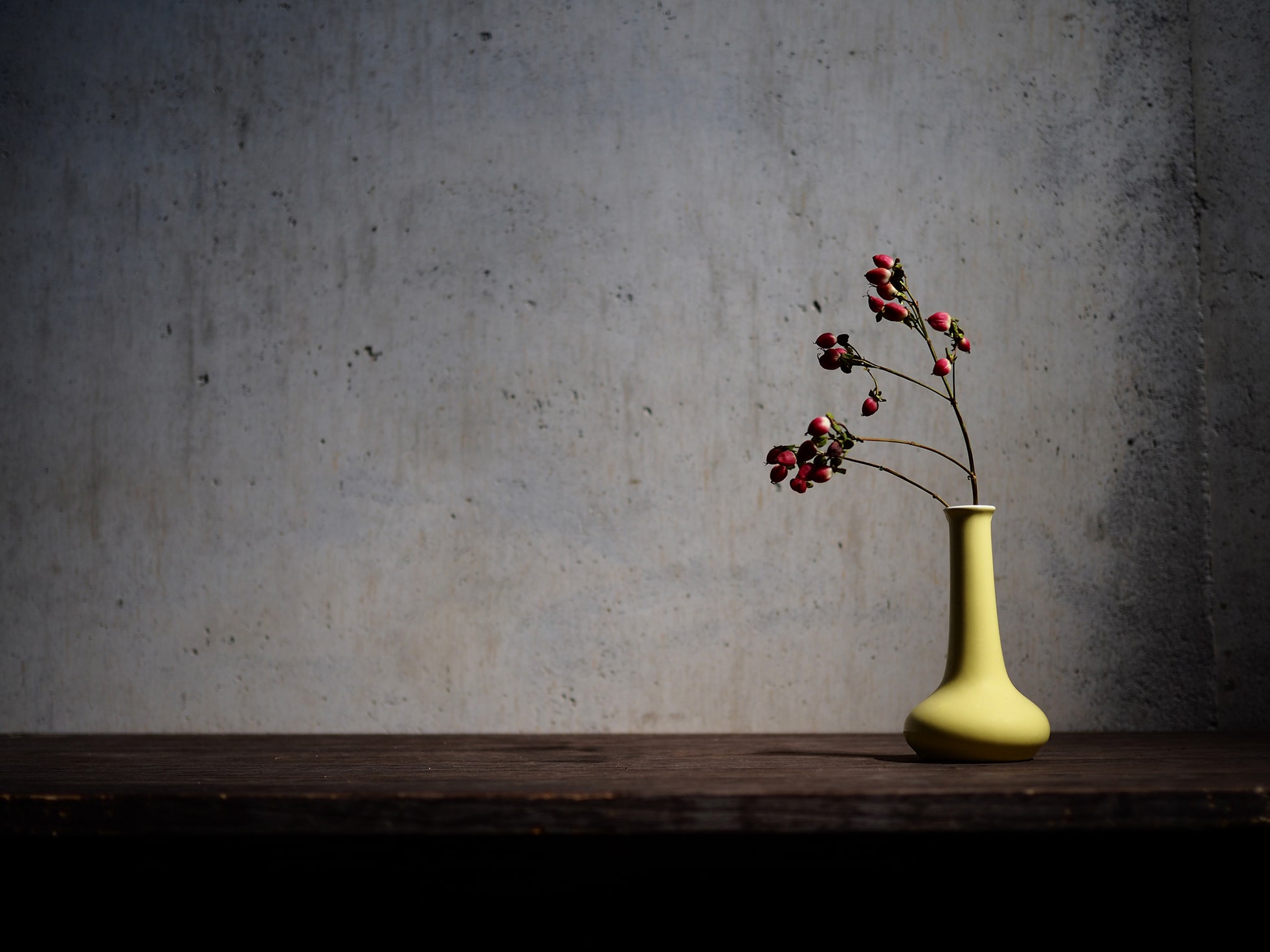Wabi Sabi Philosophy
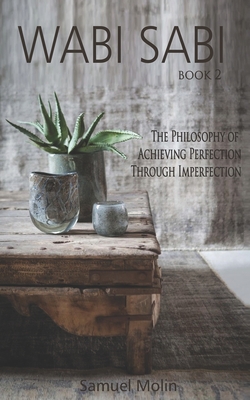
In his book wabi sabi for artists designers poets philosophers leonard koren describes it as occupying roughly the same position in the japanese pantheon of aesthetic that is the philosophy of beauty values as do the greek ideals of beauty and perfection in the west.
Wabi sabi philosophy. It s rooted in buddhism and arose from tea ceremonies in which prized utensils were. How to embrace the japanese philosophy of beauty in imperfection modern society places a ridiculous amount of emphasis on perfection. Wabi sabi has long influenced japanese art and design from zen gardens to pottery making. Wabi sabi is an ancient aesthetic philosophy rooted in zen buddhism particularly the tea ceremony a ritual of purity and simplicity in which masters prized bowls that were handmade and irregularly shaped with uneven glaze cracks and a perverse beauty in their deliberate imperfection.
Simon brown 9 notes that wabi sabi describes a means whereby students can learn to live life through the senses and better engage in life as it happens rather than be caught up in unnecessary thoughts. Everywhere you turn there are adverts and articles promoting everything from perfect skin to perfect homes and perfect relationships. Wabi sabi is the beauty of things imperfect impermanent and incomplete the antithesis of our classical western notion of beauty as something perfect enduring and monumental wabi sabi and buddhism. The japanese philosophy for a perfectly imperfect.
There it was wabi sabi thought master rikyu the father of japanese tea ceremony 1. Mahayana philosophy itself however warns that genuine understanding cannot be achieved through words or language so accepting wabi sabi on nonverbal terms may be the most appropriate approach. Wabi sabi is a way of life that appreciates and accepts complexity while at the same time values simplicity writes richard. Wabi sabi is an ancient japanese philosophy focused on accepting the imperfect and transient nature of life.


